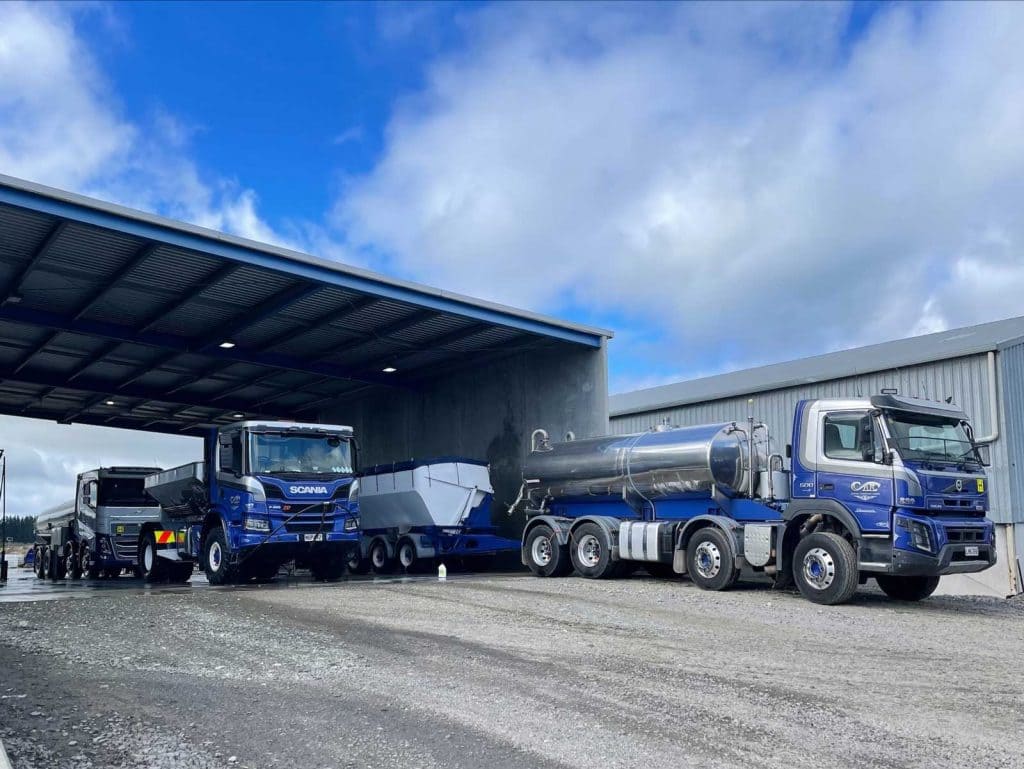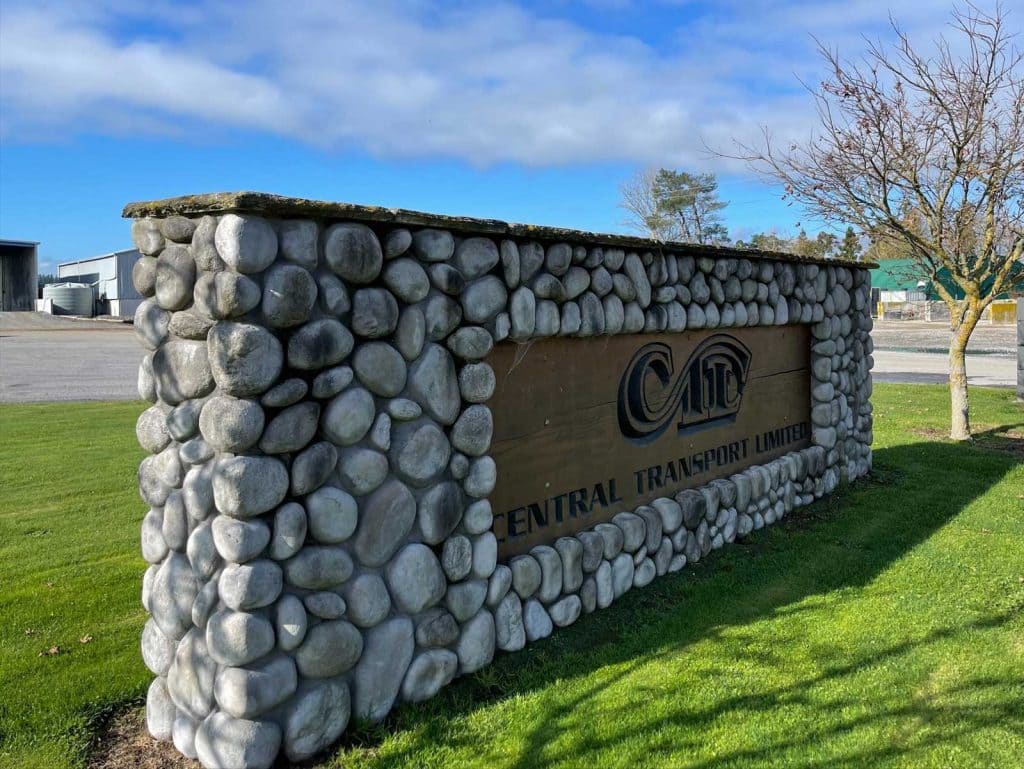Sustainability at
Central Transport
Currently, transportation generates about 40% of our carbon dioxide (CO2) emissions, or 15% of all greenhouse gas (GHG) emissions. Transportation emissions are also the fastest growing source of GHG emissions in New Zealand. Air pollution from the motor vehicle fleet is also increasingly unsustainable. A number of recent policy initiatives confirm that it is the government’s intention that we as a nation become more sustainable in transportation. These initiatives include the New Zealand Transport Strategy (2002), the signing of the Kyoto Protocol (2002) and the Land Transport Management Act (2003).
At Central Transport we are working towards creating a sustainable environment for future generations. By introducing ‘greener’ vehicles and ‘greener’ fuels we will pave the way for reduced carbon emissions, ultimately leading to a better quality of life.
Land transport is heavily dependent on fossil fuels, but by using more energy- efficient engines, and ensuring more energy efficient driving, we can minimise the damage these fossil fuels have on our environment.
At Central Transport we believe efficient logistic systems can reduce costs and idle running as well as improve energy efficiency, we have a team of six dispatchers who ensure that our trucks consistently have minimal dead running time, and take the most energy efficient route they can. All our trucks are fitted with GPS units which are monitored by the Precision Tracking system giving us accurate running reports on each vehicle. We use these to make sure each vehicle is being driven and run to maintain maximum efficiency.
All our new trucks are fitted with Euro 5 engines; these set the standard for complying with the tough European emission laws. They are the most energy efficient engines that maximise fuel efficiency and minimise emissions. All our trucks are equipped with On-Board Diagnostics (OBD). OBD is designed to monitor the performance of the vehicle’s emission system to help detect emission issues, recognize component faults, and ensure optimal performance.
Where we can we run high productivity units, which are larger and heavier, but cut down the number of running km’s we have to do for the quantity of product we need to cart. Coupled with the increasingly efficient engines produced by the top truck manufacturers, this decreases our carbon footprint. We also run a 5 year truck replacement programme which enables us to maintain the highest level of efficiently practicably possible.
All our Fertiliser spreading and bulk Liquid Spreading units are fitted with Precision Tracking units, which enable us to monitor how much product is being put on when and where. This enables us to meet all environmental requirements and maintain the sustainability of our land.
Sustainability at Central Transport goes further than just reducing emissions.
- Our new truck wash which opened in 2015 uses rainwater and all waste products are irrigated back onto surrounding farm land.
- Our workshop uses energy efficient, chemical free steam cleaners to clean truck parts.
- All our waste oil is sent to be recycled
- We recycle any other waste products that we can.
- Energy efficient lighting and heating solutions are used throughout our offices and workshop.


Central Transport is committed to continue improvements in sustainability as better options become available to us.
- These include looking at the electric run forklifts
- Always selecting the most energy efficient engines available
- Constant monitoring of trucks and drivers to maintain maximum efficiency
- Reduce, reuse and recycle where we can within our offices and workshop
- Continued education of our employees to maintain a sustainable environment